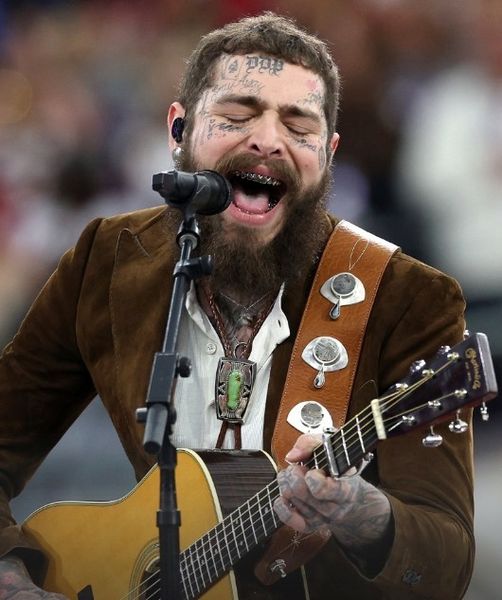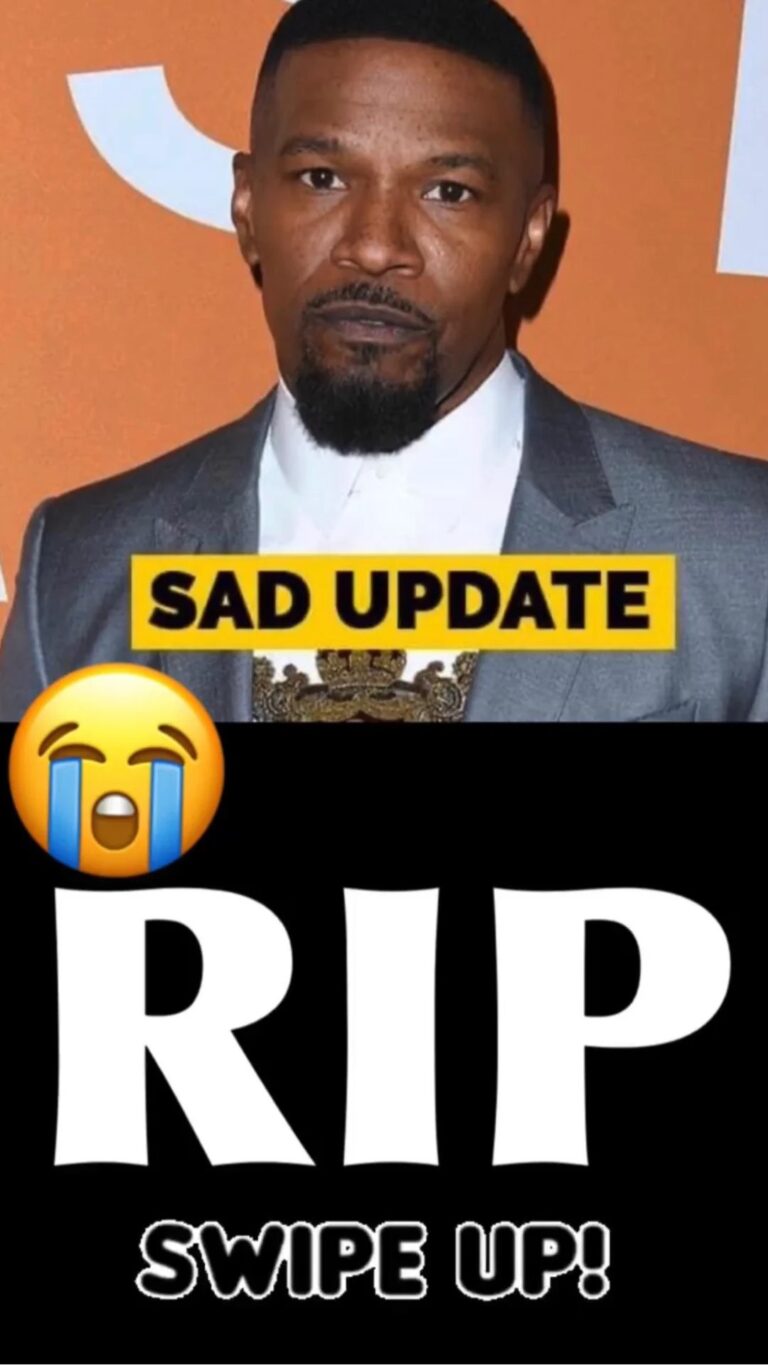Celebrities’ Influence Falls Short as Trump Secures Victory with ‘Macho’ Appeal
Despite a high-profile roster of celebrity endorsements, from Taylor Swift and Beyoncé to George Clooney and Harrison Ford, Kamala Harris suffered a decisive defeat in the U.S. election. This outcome raises questions about the effectiveness of star-studded support in swaying voters.
In contrast, Donald Trump and the Republicans, who generally received limited backing from the entertainment sector, managed to rally a select group of well-known, hyper-masculine personalities that resonated with their voter base.
Did the Democrats’ ties to Hollywood and the music industry, showcased by last-minute campaign appearances from Lady Gaga and Jennifer Lopez, have any sway on the results?
“Clearly not in this election,” said Laurence Maslon, a professor of arts at New York University. “People realize that Beyoncé and George Clooney don’t worry about the price of gas or eggs — so maybe their opinions don’t feel relevant,” he told AFP.
Celebrity endorsements have been a fixture in U.S. elections for decades, dating back to Frank Sinatra and the “Rat Pack” supporting John F. Kennedy in 1960. This year, Hollywood-backed fundraisers contributed millions to Harris’s campaign, yet their impact on actual voter influence remains uncertain.
Margaretha Bentley, an associate professor at Arizona State University who teaches a public policy course on Taylor Swift, notes that celebrity endorsements have “always been a mixed bag.”
“It’s never the golden ticket everyone hopes for,” she said.
Mark Harvey, author of Celebrity Influence: Politics, Persuasion, and Issue-Based Advocacy, also cautioned against overestimating celebrity influence on voting behavior.
“There isn’t strong evidence that celebrities can sway votes,” he explained.
‘Macho’ Appeal
Celebrity endorsements are often more effective when focused on specific issues rather than candidate endorsements, Harvey added.
During Trump’s victory speech, he acknowledged several high-profile figures from the sports world. UFC President Dana White was praised for his toughness, while golfer Bryson DeChambeau was celebrated for his driving ability, even exceeding Trump’s own.
Trump’s speech included tributes to his best-known supporter, tech billionaire Elon Musk, and highlighted a last-minute endorsement from Joe Rogan, the influential podcast host.
Harvey suggested that these endorsements may have resonated with voters because, in an election driven by cultural issues, masculinity emerged as a central theme.
“This ‘be a real man’ sentiment aligns with the ‘macho’ image Trump projects, something Joe Rogan often embodies,” Harvey said.
Reflecting on the Loss
For Democrats, this outcome signals a need for introspection on what worked, what didn’t, and the role of celebrity endorsements, said Bentley.
Ashley Spillane, author of Celebrities Strengthening Our Culture of Democracy, noted that while there’s debate over celebrities’ influence on candidate endorsements, they can still drive nonpartisan civic engagement. Swift’s endorsement of Harris reportedly led 400,000 people to a voter registration site, indicating a broader impact beyond direct candidate support.
Despite the disappointing outcome, Hollywood figures didn’t stay silent. Many took to social media to voice their reactions to Trump’s win.
Oscar-winning actress Jamie Lee Curtis warned that Trump’s victory might signal a return to more restrictive times. Actor John Cusack declared that “horror is coming,” while pop star Cardi B, who had appeared at a Harris rally, simply expressed her frustration, writing, “I hate y’all bad.”






